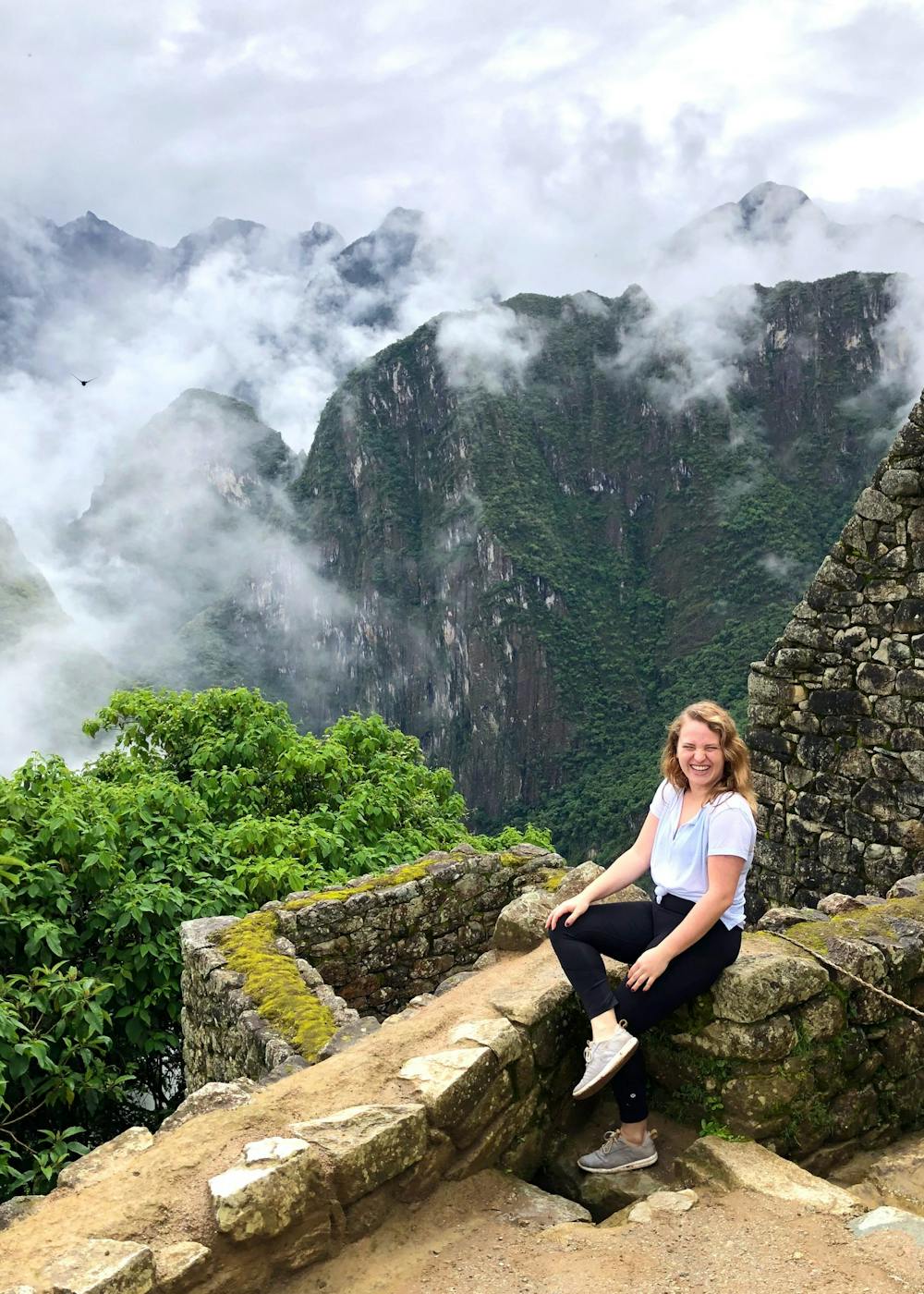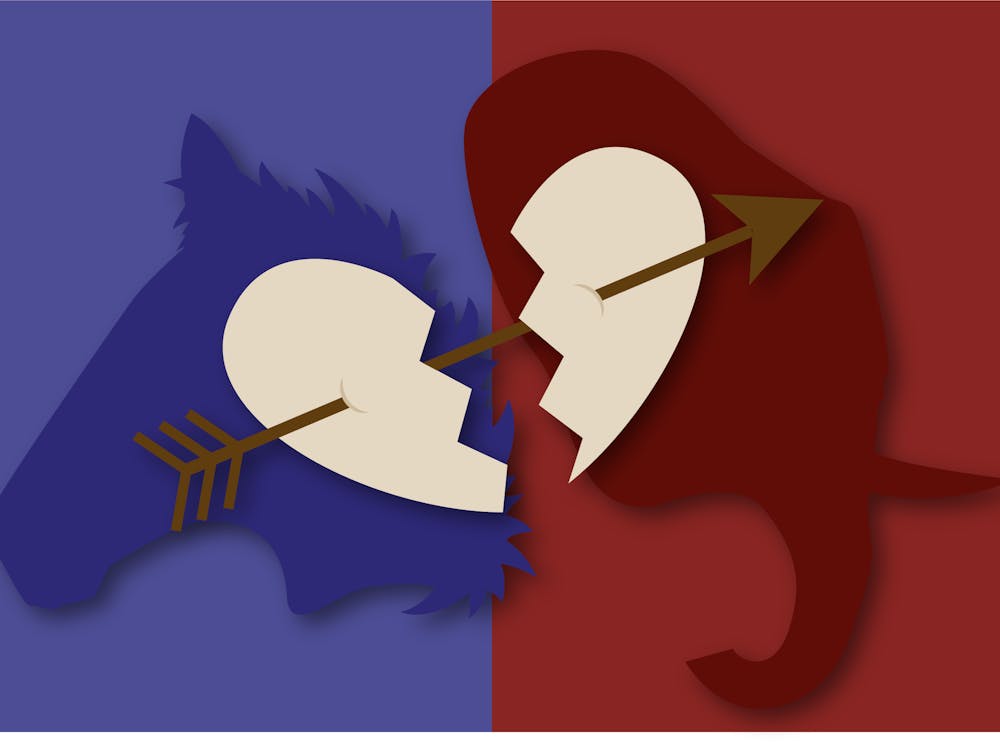“Tiene hambre?” Are you hungry?
I snapped back to reality after spacing out as I watched a group of four and five-year-olds jump rope.
“Sí, claro,” I said offhandedly. Of course I was hungry, all I’d had for breakfast was pancito — bread, made cuter with a -cito tacked on the end — with strawberry jam. And it was nearly 1 p.m.
Juan opened his camouflage lunch box and rummaged around for a moment before he found what he was looking for. He handed me a mango, first inspecting it to make sure the small dent in its skin hadn’t damaged the inside of the fruit.
Suddenly, I felt the need to hold back tears.
It was such a small thing. But that mango was one of the only things he had to eat that day, and he wanted to give it to me.
I and 12 other Miami University students studied in Peru over J-Term, where we learned all about AfroPeruvian history and culture and spent time at a community center for children and the elderly who live on the brink of poverty in Nasca, Peru.
It’s hard to square your experience as an American student studying abroad in a country where more than 50 percent of the rural population lives in poverty. It’s even harder when many of the people we encountered didn’t think racial and gender disparities, of which there are many in Peru, existed.
I interviewed Juan, my elderly friend from the community center who gifted me the mango, about the pension system in Peru and what his life is like living in poverty with a disability for my class project. It took some trial-and-error to get through my questions, not only because my Spanish could still use some work, but because he couldn’t imagine what the government would do for him if he could ask for more.
The premise relied on knowing what he could hope for. But, when you’ve never been told or seen what an ideal world could look like, what’s always been can easily feel like what will always be.
And so, in the middle of the Peruvian desert, I found yet another reason to support a free press and access to information.
It may not have been on either of the class’ syllabi, but I also learned how to slow down and calm down. Ask anyone who knows me, and they’ll tell you any number of jokes with my lack of patience or my intensity as a punch line. But when you’re without WiFi and deadlines, with lots of time to think, you have all the time in the world to learn how to break bad habits.
Enjoy what you're reading?
Signup for our newsletter
I lost my credit card on top of a sand dune in Huacachina, but it didn’t even matter. What normally would have sent me in an anxiety spiral was an afterthought when I remembered to cancel my card later that day — once I had access to WiFi in a restaurant.
Instead, I sandboarded and rode a dune buggy that certainly wouldn’t be licensed to drive here, and I didn’t even panic when we skidded over the biggest sand dune I’d ever seen and dropped down the other side.
Who am I kidding, I did panic a little.
I definitely won’t miss my host mom yelling at us for sleeping with the fan on because she was convinced we’d catch pneumonia despite the 80+ degree heat.
But I’ll miss the slow afternoons. The ones where we had enough time for an hour-long lunch and a nap, the heat lulling me to sleep more than I think I ever have since coming to college.
And I already miss the feeling of standing on top of Machu Picchu, knowing that everything I could see from that point is the entire world the indigenous population that once lived there knew.
It’s kind of a comforting realization to know so many of the things I spend my time worrying about never crossed their minds, so maybe I shouldn’t worry, too.
The world is so large, and I’m so small, anyway.




